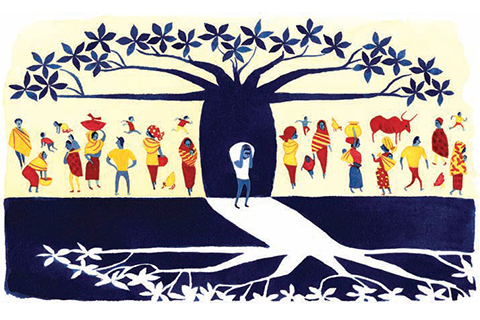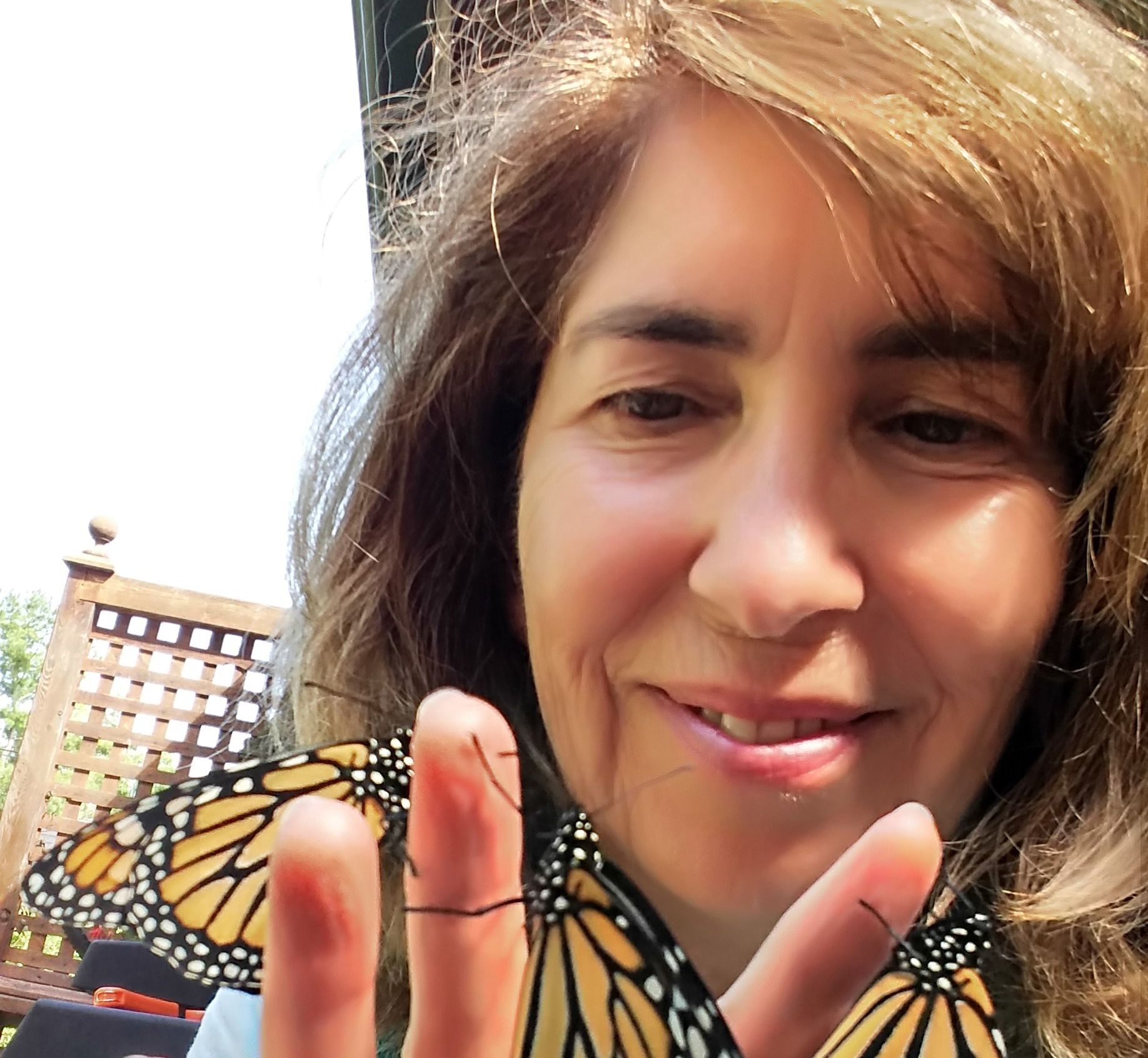Often compared to an untamed lion, mental illness ravages families and communities worldwide but takes a particular toll in low-income countries. Of the estimated 450 million people globally with mental health disorders, three-quarters live in the developing world, where they’re woefully underserved. Of these, 85 per cent receive no treatment at all, according to the World Health Organization.
While treating mental disorders is a challenge anywhere, it’s particularly complex in low-income countries. Infectious diseases such as HIV-AIDS and malaria often overshadow them. War and poverty can cause or exacerbate mood disorders. Rural patients may have little or no access to care. Moreover, the stigma can be huge, extending to families and even health workers. Going to a psychiatrist is often a last resort, after treatments involving prayer groups or indigenous healers. In addition, there’s a brain drain of trained health professionals to developed countries.
A single effort at restraining this rampaging beast may be as flimsy as a spider’s web. But as an Ethiopian proverb says, “Together, we can weave enough spiders’ webs to tie a lion.” That’s the philosophy behind Grand Challenges Canada’s $19-million investment in health projects in 14 lower-income countries. The government-funded non-profit group, headed by Peter Singer, a U of T professor of medicine, supports bold ideas that offer the biggest bang for the buck.
One initiative is the Biaber project in Ethiopia (biaber means “together”). It aims to improve access to treatment and remove the stigma surrounding mental illness. The project emerged from a decade-long collaboration between U of T and Addis Ababa University that has helped quadruple the number of psychiatrists in Ethiopia to 44 – still inadequate in a country of 84 million people. (Canada, with less than half the population, has more than 4,000 psychiatrists.) A $1-million Grand Challenges grant will help train 300 mental health professionals in 20 locations, reaching 15,000 new patients over the next three years.
The project uses interpersonal therapy – a structured, short-term form of talk therapy. “There’s strong evidence that this can be a powerful treatment for depression,” says Paula Ravitz, a U of T psychology professor and co-principal investigator. Ravitz helped adapt the therapy for Ethiopians in collaboration with Dr. Dawit Wondimagegn, a psychiatrist at Addis Ababa University, integrating cultural traditions, which may involve healers and community elders. She adds that other countries, including Uganda, India and South Africa, are now studying its implementation.
Keeping medical professionals remains a problem for Ethiopia. Last July, the country’s minister of health announced that there are more Ethiopian doctors working in Chicago than in all of Ethiopia. Dr. Solomon Teferra, a psychiatrist and a professor at Addis Ababa University is completing a year-long fellowship at U of T, and was looking forward to returning to his country in March. “Although I may not have the material and financial benefits a western country provides,” he says, “I believe I can contribute a lot to my country.” And he’s pleased by the government’s recent expansion of medical schools in Ethiopia – a significant strand in a growing web to control the lion.






